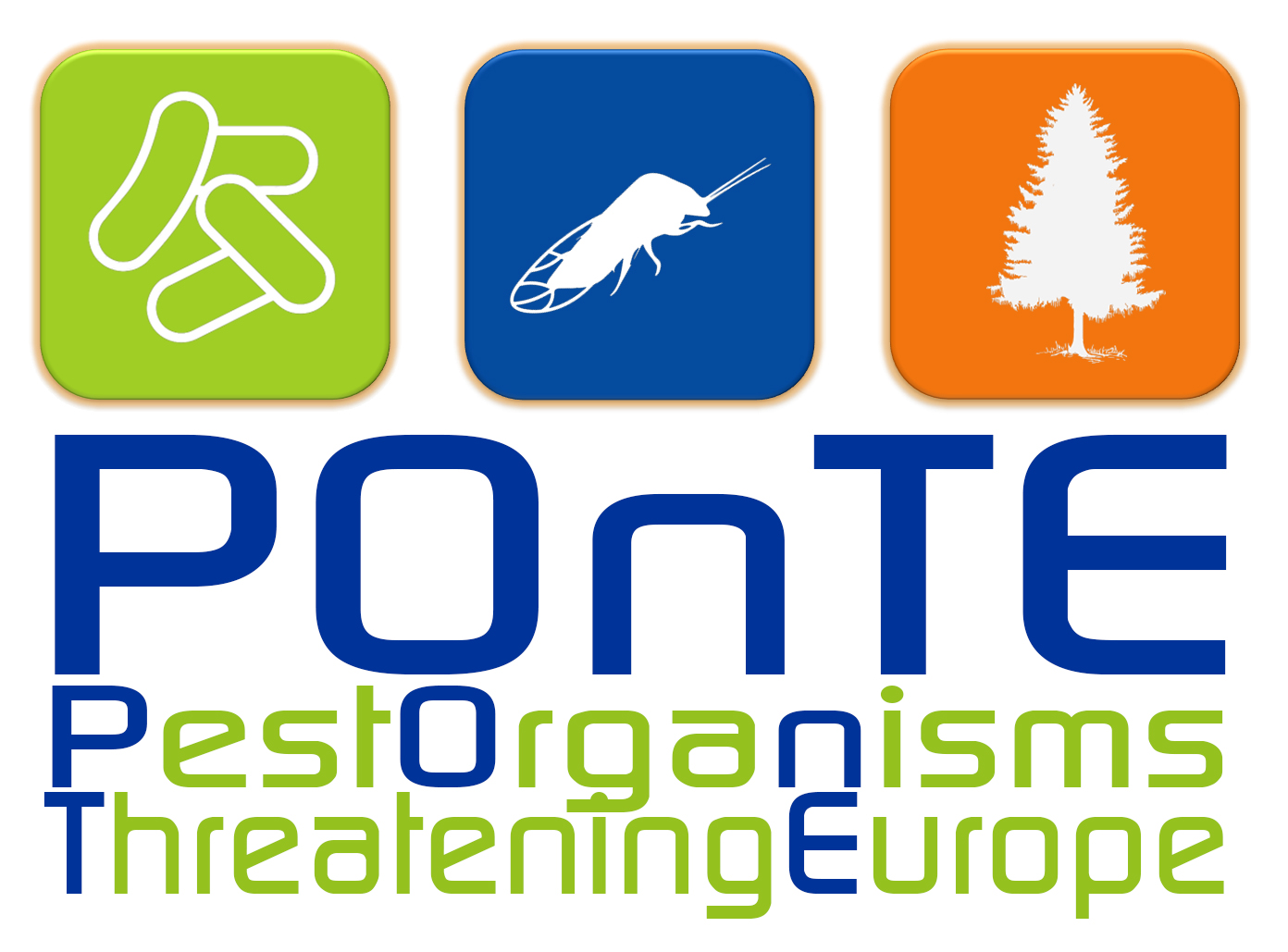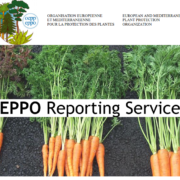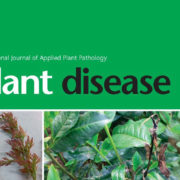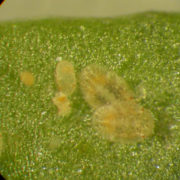EPPO reports new haplotypes of ‘Candidatus Liberibacter solanacearum’, identified in collaboration with the POnTE Project
EPPO has reported new haplotypes of ‘Candidatus Liberibacter solanacearum’ in its last EPPO Reporting Service 2019 no. 2.
The newly described haplotype U was identified in Finland. It was found in the psyllid, Trioza urticae (Hemiptera: Triozidae), and its host plant, Urticae dioica (stinging nettle; Urticaceae). This is the first report of ‘Candidatus Liberibacter solanacearum’ in a plant that belongs to neither Solanaceae nor Apiaceae. It is not known if this haplotype poses a risk to crops in Europe (Haapalainen et al., 2018). An unknown haplotype of ‘Candidatus Liberibacter solanacearum’ was also detected in a single specimen of Trioza urticae from a suction trap in Germany (Sjolund et al., 2019).
The two publications were made as part of the research activities carried out within the framework of the POnTE Project.
A new haplotype of ‘Candidatus Liberibacter solanacearum’ (haplotype F) has been found in potato (Solanum tuberosum) in the USA (Swisher Grimm and Garczynski, 2019). Up to now only haplotypes A and B have been found in potato in the USA. This is the 7th haplotype described.









